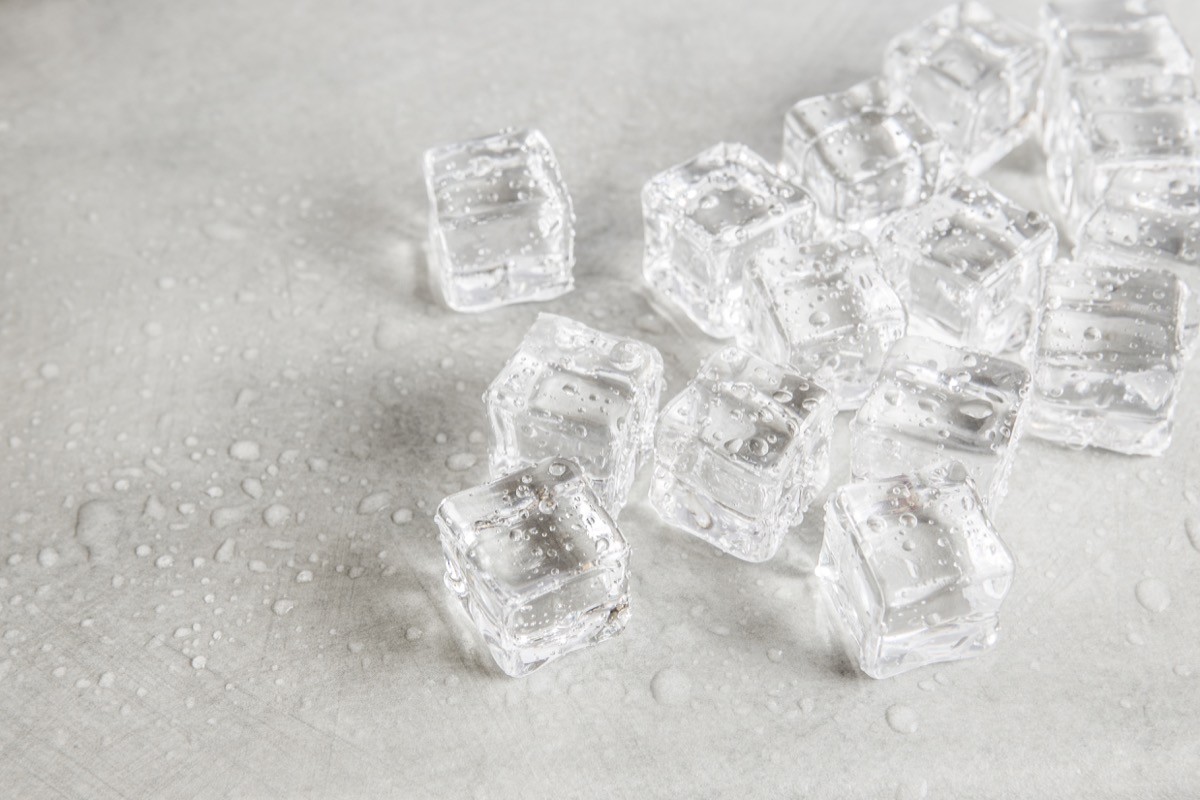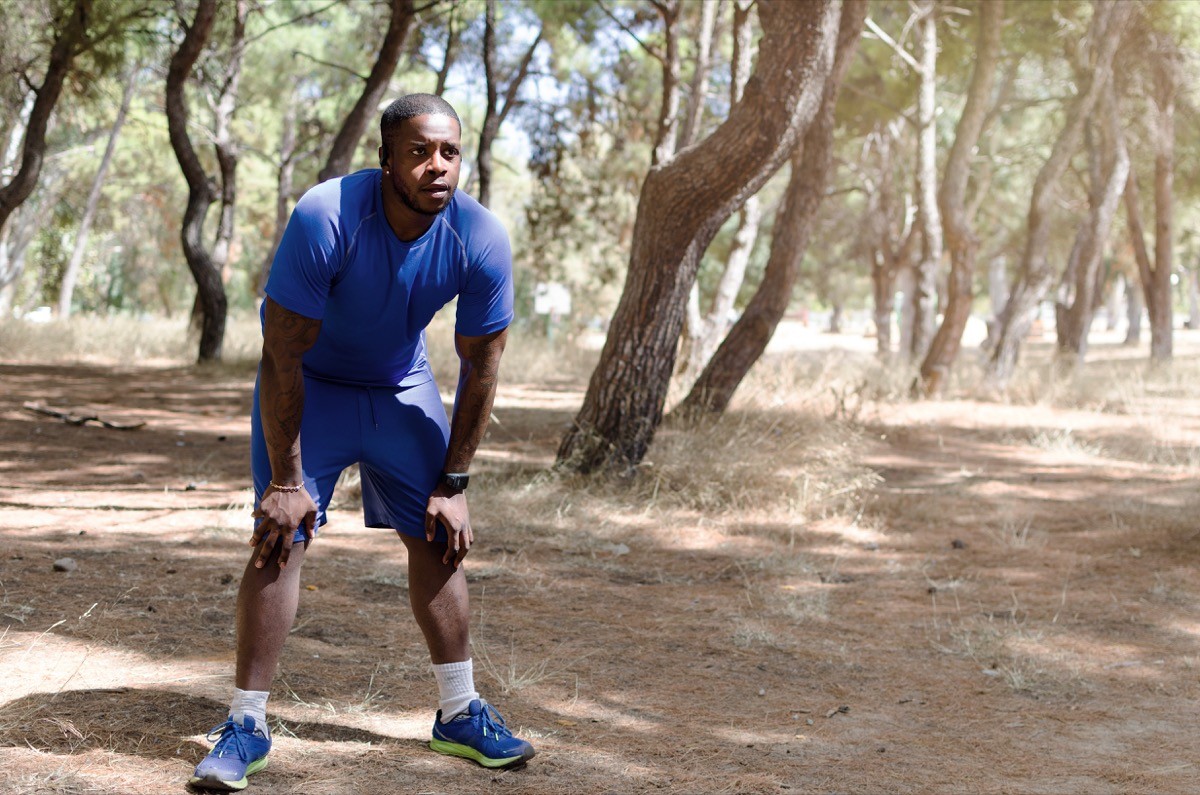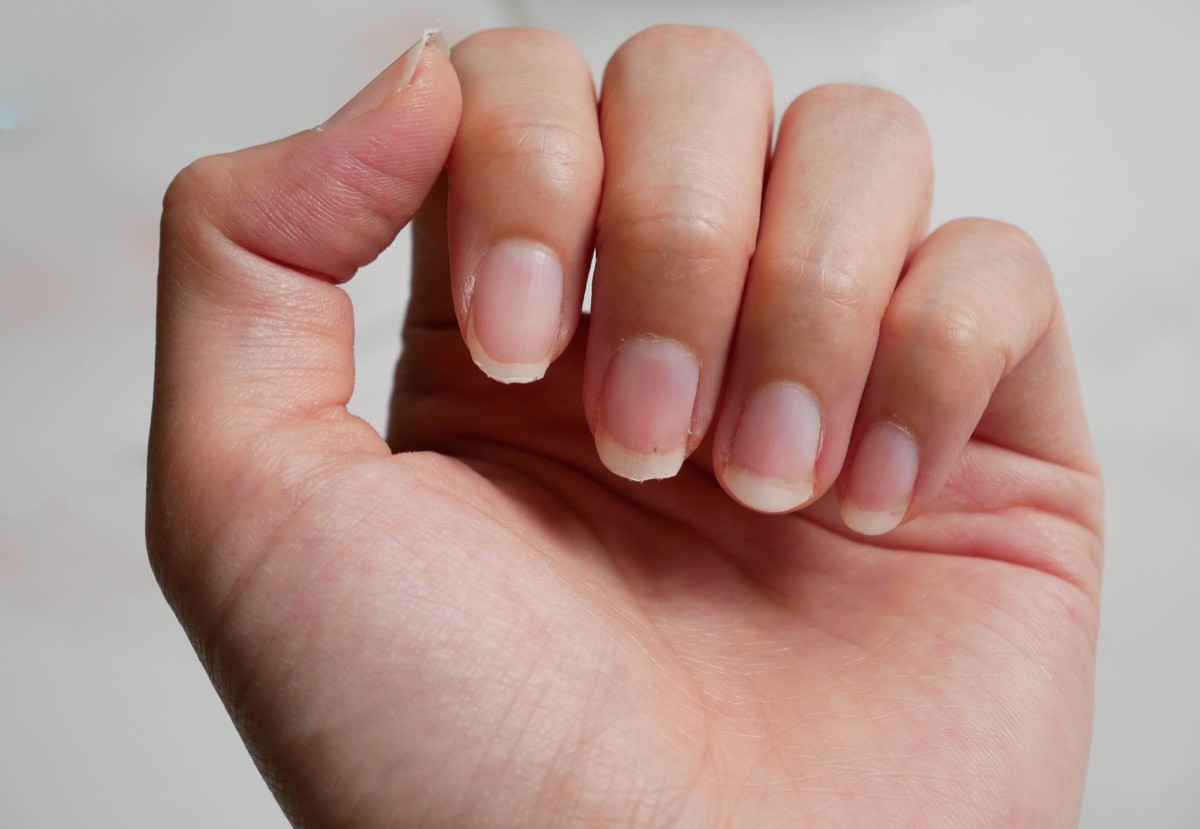7 Early Warning Signs You May Need More Iron in Your Diet

Iron is crucial for health and wellness, yet many of us may not be getting enough. “Iron is one of the most important components of the human body,” Stephen Macari, MD, tells St. Vincent’s Medical Center. “It has multiple roles but the most critical one is creating hemoglobin to carry oxygen in the blood to tissues. It can quickly run out in the process of making new red blood cells or any other processes iron is involved in. Vegans and vegetarians can be prone to deficiency because they take in less iron, even though foods like spinach, broccoli, beans and tofu are high in it.” Here are 7 early warning signs to look out for, according to experts.
RELATED: 1 in 3 Americans May Have an Iron Deficiency.
1
Chronic Fatigue

Fatigue is one of the most common signs of iron deficiency. “Being tired occasionally is one thing, but if you’re experiencing fatigue related to iron deficiency, it will feel like exhaustion on another level,” says the Cleveland Clinic. “You may also feel a general weakness in your body, like you don’t have the energy to do things you usually can. If you constantly feel exhausted with no clear cause — even after getting enough rest — it could be a sign of low iron levels.”
2
Craving Ice

Craving things like ice, paper, or dirt could be a sign of pagophagia, a condition called pica where you are compelled to eat things that have no nutritional value. This has been linked to iron deficiency.
3
Restless Legs

Restless legs syndrome could be a sign of iron deficiency. “Some people suffering from iron deficiency experience restless legs syndrome, a neurological disorder that causes an irresistible urge to move their legs,” according to Piedmont Health. “It can also cause sharp pain, numbness and tingling in the leg.”
4
Shortness of Breath

If you struggle to perform everyday tasks, you could be dealing with low iron. “As iron is tied to how oxygen moves in our body, it’s no surprise that your breathing can be affected by iron deficiency,” says the Cleveland Clinic. “Iron is essential for oxygen transport in the body. Low iron levels can reduce oxygen delivery to tissues, leading to shortness of breath, especially during physical activity.”
RELATED: The Best Food Pairings for Maximum Nutrient Absorption.
5
Feeling Cold

6
Brittle Nails and Hair

Brittle hair and nails could be a sign of iron-related nutrient deficiency. “Although they may seem unrelated to the rest of our body, our nails can actually say a lot about our health,” Jacey Folkers, DC, B.Sc.Ed, tells Vogue.
7
Dry, Cracked Lips

If you have chronic dry lips and mouth, you could have an iron deficiency. “People with iron deficiency may experience a specific type of cracking called angular cheilitis, which affects the corners of your mouth,” says Dr. Folkers. “Treating angular cheilitis on its own with cream or ointment won’t help: you need to treat the underlying iron deficiency to keep the cracking from coming back again and again.”